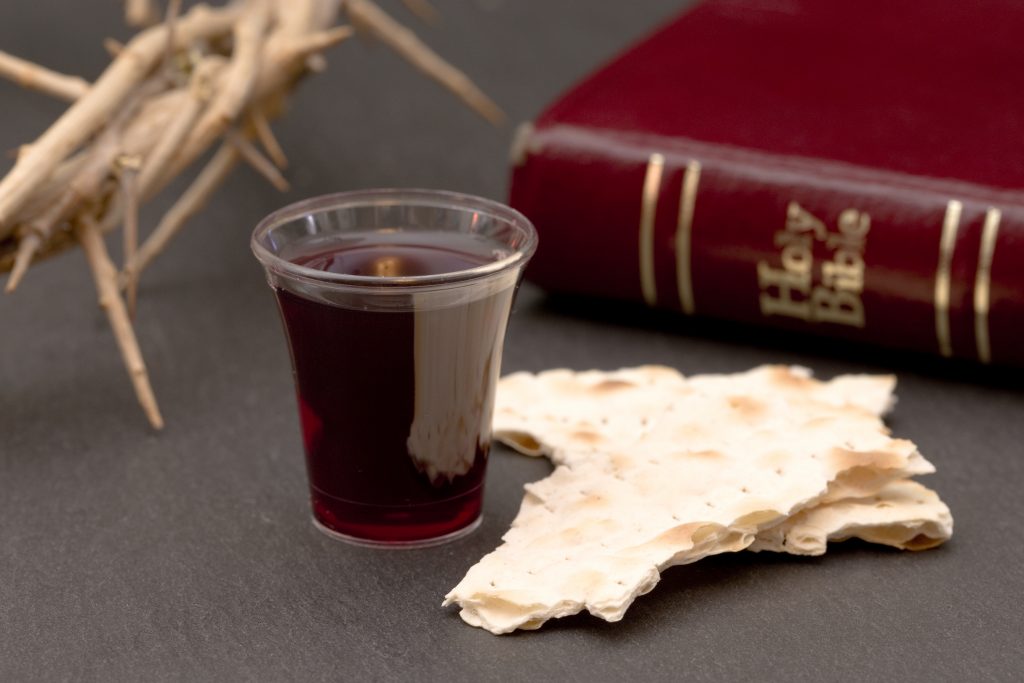How Often Should Observe Communion?

Jesus instituted what today we call the Lord’s Supper, or communion. He did this as a way for His followers to remember His death. Those of us who are followers of Him today still observe this practice over 2,000 years later. This blog post examines the Lord’s supper, discusses its purpose, and then concludes with an assessment of the frequency with which we should observe communion, and the position we should place on it in the worship.
Mark’s account of what we call the Last Supper, where Jesus instituted communion, is perhaps the most poignant. The Gospel according to Mark recorded: “As they were eating, he took bread, blessed and broke it, gave it to them, and said, “Take it; this is my body.” Then he took a cup, and after giving thanks, he gave it to them, and they all drank from it. He said to them, “This is my blood of the covenant, which is poured out for many. Truly I tell you, I will no longer drink of the fruit of the vine until that day when I drink it new in the kingdom of God.” (Mark 14:22-25)
The point of the Lord’s Supper is clear – it is a way for us to show God that we remember the sacrifice Christ made for us. Taking communion does not save us, no matter how often we do it. It is an act of worship, like our singing or our prayers are an act of worship. None of these things alone save us, but they inspire us to lead lives of active service.
How often should we observe this memorial service? Some do it regularly – weekly, monthly, quarterly, or only on special occasions. Others do not do it regularly, but instead do it as often as they see fit. It is true that we do not have a specific instruction which can help us figure this out. We do have some clear examples, however. For example, Acts 20:7 tells us that the point of gathering on the first day of the week was to observe the practice Jesus instituted. In the 11th chapter of his first letter to the Corinthians, Paul criticizes them for not observing communion properly when they come together for service. It seems clear that this memorial is not only to be observed on the first day of the week when we meet for service, but that it is the central reason for our gathering.
Just because 2,000 years have passed since Jesus instituted this memorial and His earliest disciples followed this example does not give us the freedom to change this practice today. Lest we fall victim to worshiping the way we want to, as opposed to how God wants to be worshiped – Paul warned Timothy that this trend would take hold (chapters 3 and 4 of the second letter we have from Paul to Timothy).
The safest route and the one that we see by example is the taking of Communion each Sunday. In fact, we read that it is the central part of our worship, for when we are observing this Lord’s Supper, as Paul writes, we are in fact “proclaiming the Lord’s death until He come.” (I Corinthians 11:26) This is a solemn event. Taking communion regularly each week holds a certain danger – the human tendency to trivialize that which we do so often. Let us remember, as we take communion each and every week, that this is the service originally instituted by Jesus immediately before His great sacrifice for the world.